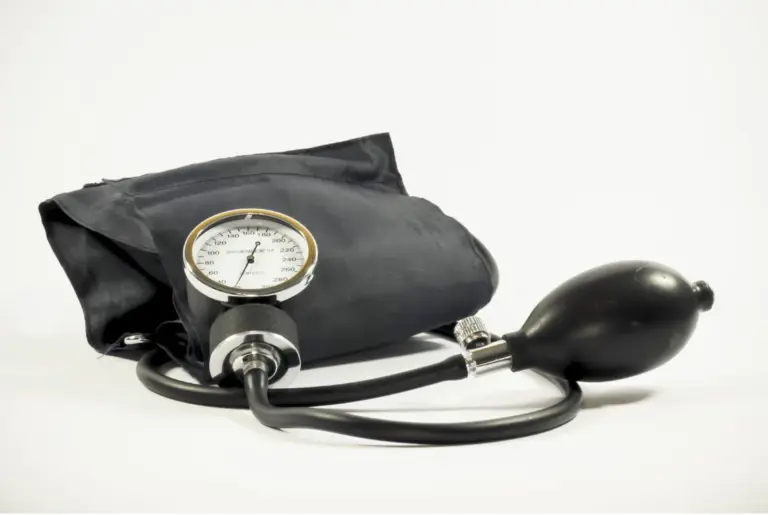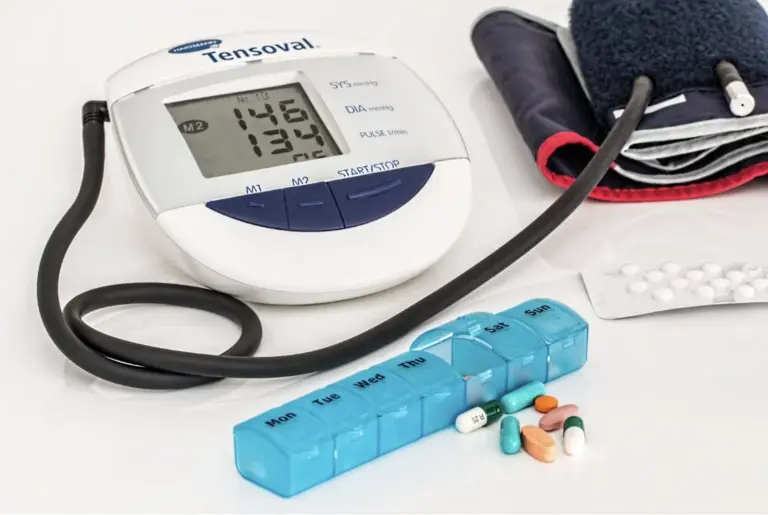When it comes to safeguarding our health, especially our hearts, knowledge is our most potent weapon. One critical aspect of heart health is managing hypertension, a condition that affects millions of people worldwide. Fortunately, there’s a class of medications known as ACE inhibitors that can be a game-changer in the battle against high blood pressure and heart diseases.
In this article, we’ll explore the world of ACE inhibitors, what they are, what they treat, their advantages, and potential side effects. So, let’s dive into this informative journey and discover how ACE inhibitors can be a vital tool in the fight against hypertension, headache and heart-related issues.
What are ACE inhibitors?
To understand the significance of ACE inhibitors, let’s first decipher what they are.
ACE stands for Angiotensin-Converting Enzyme, and ACE inhibitors are a class of drugs specifically designed to combat the adverse effects of this enzyme. The primary role of ACE in our bodies is to constrict blood vessels, leading to an increase in blood pressure. This constriction can have detrimental effects on the heart and blood vessels, potentially resulting in heart diseases and other health complications.
ACE inhibitors, as the name suggests, inhibit or block the action of this enzyme. By doing so, they help relax blood vessels, reduce blood pressure, and improve overall blood flow. This remarkable action makes ACE inhibitors a frontline treatment for hypertension, heart failure, and various other cardiovascular conditions.
What conditions are treated by this class of medication?
ACE inhibitors are incredibly versatile when it comes to treating various health conditions. Here are some of the primary conditions effectively managed by these medications:
- Hypertension (High Blood Pressure):One of the most common uses of ACE inhibitors is in the treatment of hypertension. When blood pressure remains elevated over an extended period, it can lead to serious heart problems, stroke, and other complications. ACE inhibitors play a crucial role in reducing high blood pressure, thus lowering the risks associated with hypertension.
- Heart Failure:ACE inhibitors can help improve heart function, reduce symptoms, and enhance the quality of life for individuals with heart failure.
- Diabetic Nephropathy:Diabetic nephropathy is a kidney disease that can develop in individuals with diabetes. ACE inhibitors are often prescribed to diabetics to protect their kidneys from damage and slow down the progression of kidney disease.
How many ACE inhibitors are there?
Now that we understand what ACE inhibitors do let’s take a closer look at the various types of these medications:
- Enalapril (Vasotec)
- Lisinopril (Prinivil, Zestril)
- Ramipril (Altace)
- Captopril (Capoten)
- Benazepril (Lotensin)
- Perindopril (Aceon, Coversyl)
- Quinapril (Accupril)
- Fosinopril (Monopril)
- Moexipril (Univasc)
- Trandolapril (Mavik)
Advantages of ACE inhibitors
ACE inhibitors come with a host of advantages that make them a preferred choice for many healthcare professionals and patients alike:
- Efficacy:ACE inhibitors are highly effective at reducing blood pressure and improving heart function. They can help control hypertension and manage heart diseases, leading to better overall health.
- Kidney Protection:These medications are known for their ability to protect the kidneys, making them an excellent choice for individuals with diabetes and those at risk of kidney problems.
- Heart Attack Prevention:ACE inhibitors can reduce the risk of heart attack and other cardiovascular events in patients with heart disease
- Tolerability:For many individuals, ACE inhibitors are well-tolerated with minimal side effects, making them a suitable long-term treatment option.
Common side effects of ACE inhibitors
While ACE inhibitors offer numerous benefits, it’s essential to be aware of potential side effects. Here are some common side effects associated with these medications:
- Cough:A persistent dry cough is a well-known side effect of ACE inhibitors. If this occurs, your healthcare provider should consider switching to an alternative medication.
- Elevated Blood Potassium Levels:In some cases, ACE inhibitors can lead to increased levels of potassium in the blood. This condition, known as hyperkalemia, can have serious health consequences and requires careful monitoring.
- Low Blood Pressure:Taking ACE inhibitors can cause a drop in blood pressure, especially when standing up. This can lead to dizziness or fainting, particularly when first starting the medication or with a dose increase.
- Kidney Function:While ACE inhibitors can protect the kidneys, they can also affect kidney function, especially in individuals with pre-existing kidney issues. Regular monitoring is essential.
Summing Up
In the world of hypertension drugs and heart disease management, ACE inhibitors stand as formidable allies in our quest for better health. Their ability to lower blood pressure, protect the kidneys, and improve heart function makes them invaluable in the treatment of hypertension, heart failure, and related conditions.
However, it’s crucial to remember that not every medication is suitable for everyone. If you are considering ACE inhibitors or have concerns about your current medication, consult with a healthcare provider. They can assess your unique needs and provide guidance on the best treatment plan for you.
At BPinControl, we are committed to helping you take control of your blood pressure and connect you with the best doctors in your nearest area. Our Find a Physician portal can be your gateway to better heart health. So, take the first step towards a healthier heart and a brighter future.
Disclaimer
The information contained in this article is to educate, spread awareness in relation to hypertension and other diseases to the public at large. The contents of this article are created and developed by BPinControl.in through its authors, which has necessary, authorisations, license, approvals, permits etc to allow usage of this articles on The Website. The views and opinions expressed in this article are views, opinions of the respective authors and are independently endorsed by doctors. Although great care has been taken in compiling and checking the information in this article, The Website shall not be responsible, or in any way liable for any errors, omissions or inaccuracies in this article whether arising from negligence or otherwise, or for any consequences arising therefrom. The content of this article is not a substitute for any medical advice. The Website shall not be held responsible or liable for any consequence arising out of reliance on the information provided in the article.




